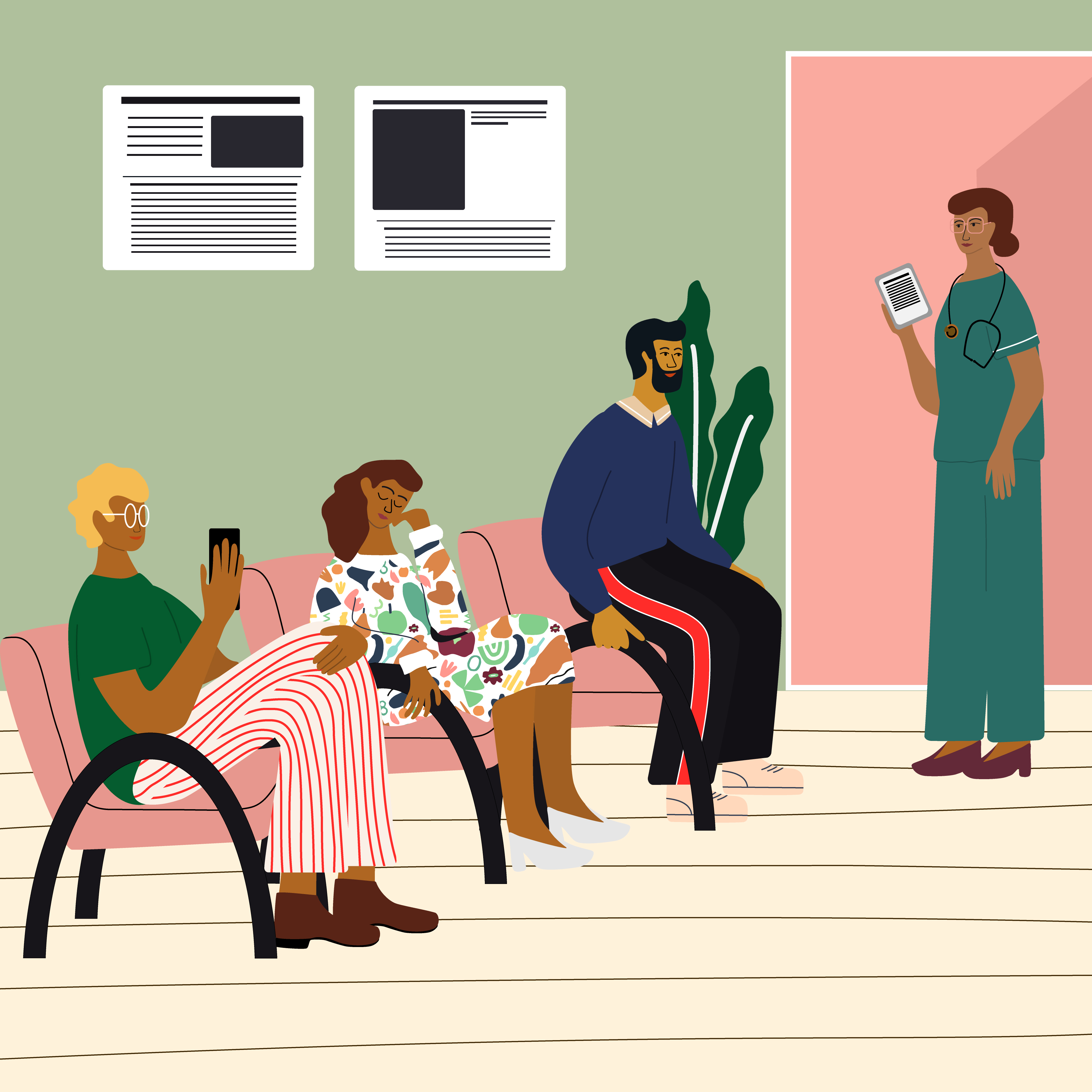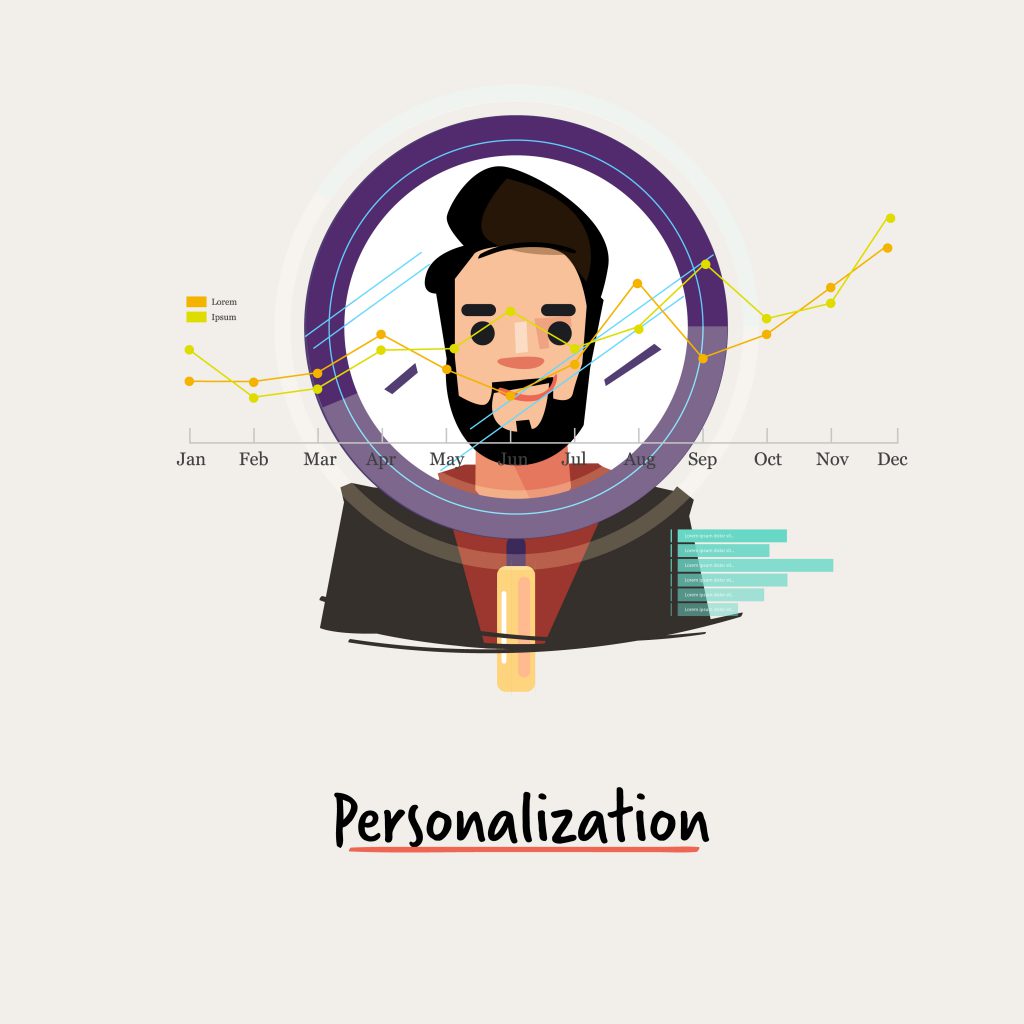Unfortunately, there is a widespread belief that medications aiming to treat mental illnesses only work because of the placebo effect. It if for this reason that some people are hesitant to seek help through medication. Bruce Clark, Georgina Krebs and Shaheen Zinna discuss why this is NOT the case.
There is longstanding concern about, and stigma associated with mental health issues and their treatment. The majority of individuals with mental health problems do not access treatment (1,2) and one important barrier to help-seeking is the belief that treatment won’t work (3). Such concerns have been fuelled over the years by high-profile news items and other media reports, suggesting that mental health medications may not be as effective as we hoped or may even be no better than placebo (4-7).
The placebo effect refers to the phenomenon in which an inactive treatment produces a beneficial effect in the patient. This benefit cannot be attributed to the pharmacological properties of the treatment, and must therefore be explained by the person’s expectations and belief in that treatment. This is, if you like, a “psychological” component of treatment. One might imagine that for mental health treatments it is particularly important whether the person believes they will work or not, given that thought processes are what the target of the treatment.
“For mental health treatments it is particularly important whether the person believes they will work or not”
One way of determining whether a treatment is truly effective, above and beyond the placebo effect, is to directly compare it to a sham treatment (i.e. a placebo). Randomised controlled trials (RCTs) do exactly this; these carefully designed studies randomly assign similar people to two or more groups, and give each group either the medication being tested, a placebo, or another medication being compared. The groups do not know which medication they are taking (they are “blind”), which means that if the group receiving active medication does better than the group receiving the placebo, superior outcomes cannot be attributed to differences in treatment expectations. In “double-blind” trials, clinicians or researchers who assess patient outcomes are not told who has received which treatment either, in order to ensure that their biases and beliefs about the treatment cannot influence the study results.
Although there has been some controversy surrounding RCTs (8), they are nevertheless the gold-standard method for demonstrating that a medication is effective. In fact, for a medication to be licensed, there needs to be RCT evidence for its efficacy. Mental health medications, such as antidepressants, are no different to other medicines. They have been rigorously tested and there is now a robust evidence for a range of medications to treat common mental health conditions. For example, a recent meta-analysis combined data from 522 double-blinded RCTs with 116,477 participants to examine the efficacy of antidepressant medication in the treatment of major depressive disorder (9). Of the 21 different antidepressants that were evaluated, this study found that they were all, without exception, more effective than placebo. These kinds of studies are essential for informing clinical guidelines and policy-making, and to ensure that people with mental health disorders get access to the effective evidence-based treatment that they deserve.
“without exception, more effective than placebo”
In conclusion, there are rigorous research studies and legislation that seek to regulate and approve the use of medications for mental health difficulties. Of course, not all psychological medications work for all people, and a personalised approach is crucial in mental health treatment. However, it is clear that medications can be an important part of effective treatment packages for many mental health problems. Such medications can be used alone as the sole treatment in some circumstances, although they are commonly used alongside other interventions, such as psychological therapies. As in all areas of psychological and physical medicine, it is vital that we continue to review evidence and carefully balance the pros and cons of any medication. It is simply not the case, however, that medicines used in mental health services work only by placebo effects alone.
References:
- Kessler, R. C., Demler, O., Frank, R. G., Olfson, M., Pincus, H. A., Walters, E. E., … & Zaslavsky, A. M. (2005). Prevalence and treatment of mental disorders, 1990 to 2003. New England Journal of Medicine, 352(24), 2515-2523.
- Reardon, T., Harvey, K., & Creswell, C. (2019). Seeking and accessing professional support for child anxiety in a community sample. European child & adolescent psychiatry, 1-16.
- ten Have, M., de Graaf, R., Ormel, J., Vilagut, G., Kovess, V., Alonso, J., & ESEMeD/MHEDEA 2000 Investigators. (2010). Are attitudes towards mental health help-seeking associated with service use? Results from the European Study of Epidemiology of Mental Disorders. Social psychiatry and psychiatric epidemiology, 45(2), 153-163.
- https://www.theguardian.com/business/2010/oct/13/reboxetine-pfizer-antidepressant-placebo-bmj
- https://www.theguardian.com/science/2018/feb/23/why-we-are-sceptical-of-antidepressant-analysis
- https://www.telegraph.co.uk/science/2016/06/08/antidepressants-in-young-people-may-do-more-harm-than-good-warn/
- https://www.independent.co.uk/life-style/health-and-families/health-news/depression-antidepressants-children-ineffective-suicide-a7071051.html
- Geddes, J. R., & Cipriani, A. (2015). Time to abandon placebo control in pivotal phase III trials?. World Psychiatry, 14(3), 306.
- Cipriani, A., Furukawa, T. A., Salanti, G., Chaimani, A., Atkinson, L. Z., Ogawa, Y., … & Egger, M. (2018). Comparative efficacy and acceptability of antidepressant drugs in the acute treatment of major depressive disorder: A network meta-analysis. Lancet






[…] might also be interested in our previous blog about how medications for mental health conditions are more than just […]